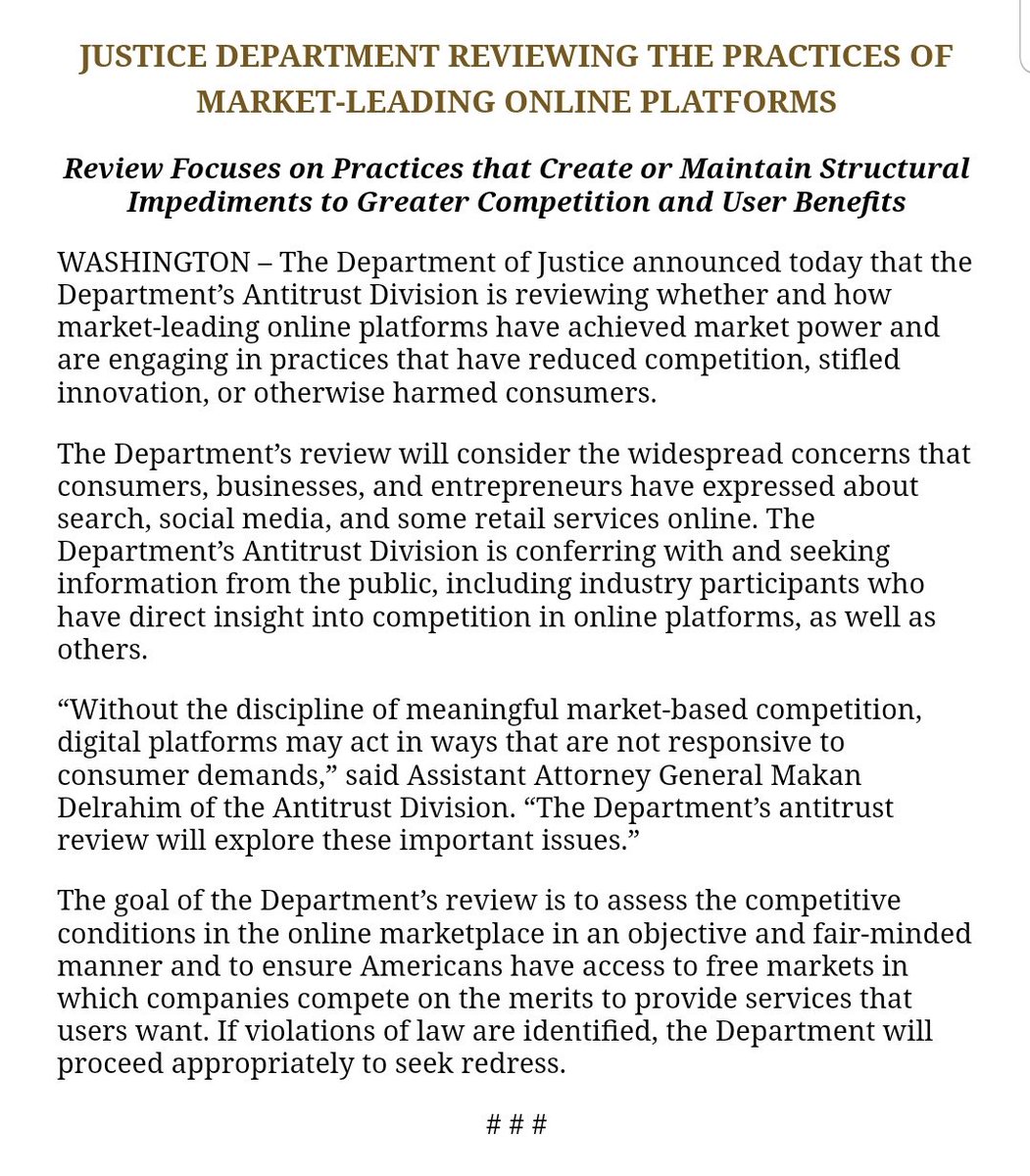Earlier this month this blog reported on Dr. Robert Epstein's testimony concerning Google's invisible influence on election results. Ned Ryun at American Greatness has an update:
Google’s Algorithms Threaten Free
and Fair Elections
. . . the power of the Search Engine
Manipulation Effect (SEME) generated by Google’s search algorithm likely
impacted undecided voters in a way that gave at least 2.6 million votes to
Hillary Clinton in 2016. Epstein explained:
SEME is one of the most powerful forms of influence ever discovered in the behavioral sciences, and it is especially dangerous because it is invisible to people—“subliminal,” in effect. It leaves people thinking they have made up their own minds, which is very much an illusion. It also leaves no paper trail for authorities to trace.
. . .
Epstein discussed the potential
impact that Google, combined with Facebook and Twitter, could have on the
election outcomes in 2020. “Big Tech in 2020, because if these companies all
support the same candidate—and that’s likely, needless to say—they will be able
to shift upwards of 15 million votes to that candidate with no one knowing and
without leaving a paper trail,” Epstein said.
After six years of studying Google,
Epstein’s solution for
breaking up Google’s SEME is to make its index public, to make it into a sort
of public commons to engender greater competition. I
have argued that these tech companies must have their Section 230
exemptions removed and be redefined as publishers and telecommunications
companies. And we have antitrust laws for a reason. The federal government has
a role in breaking up what are, in fact, monopolies.
Whatever the solution may be—and I
suspect it is a combination of all of the above—it’s time to get
aggressive. . . .
Read the rest of Mr. Ryun’s report here.
# # #

































